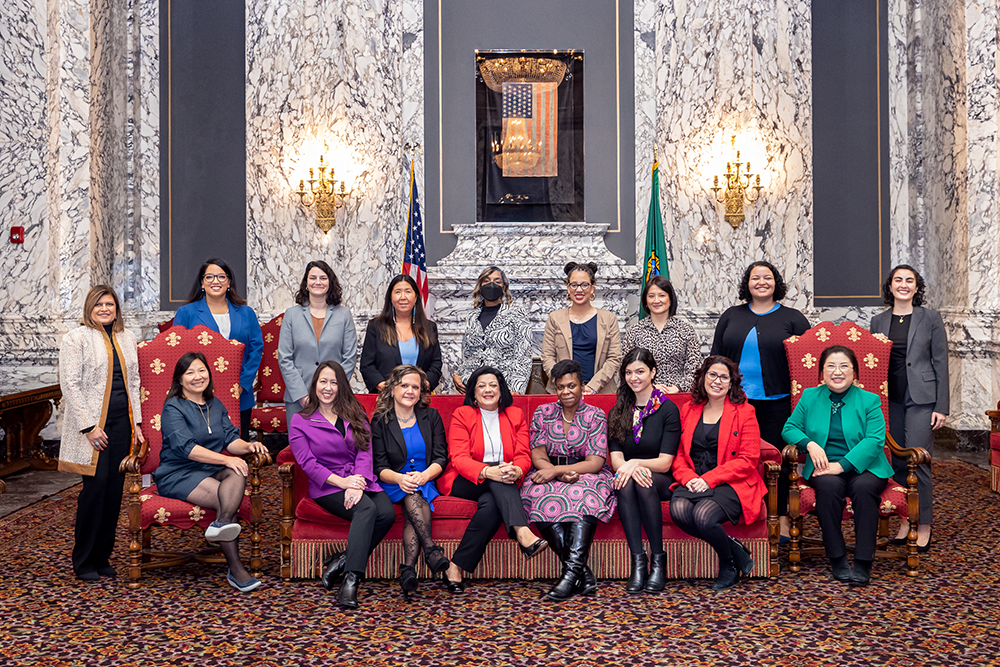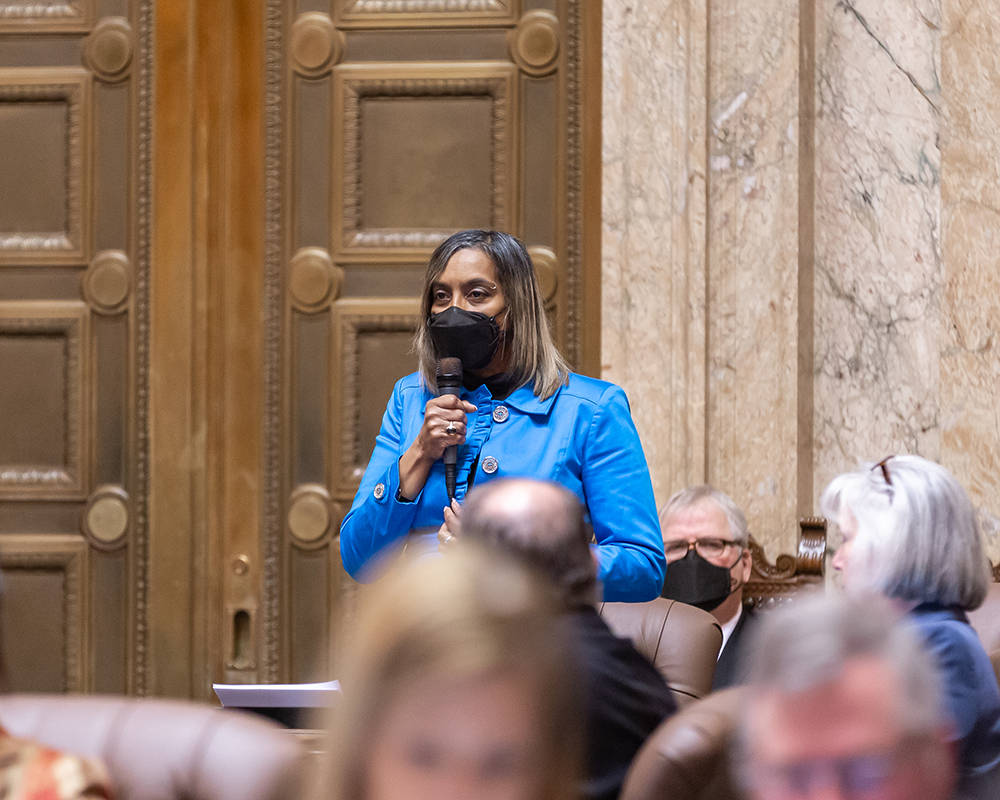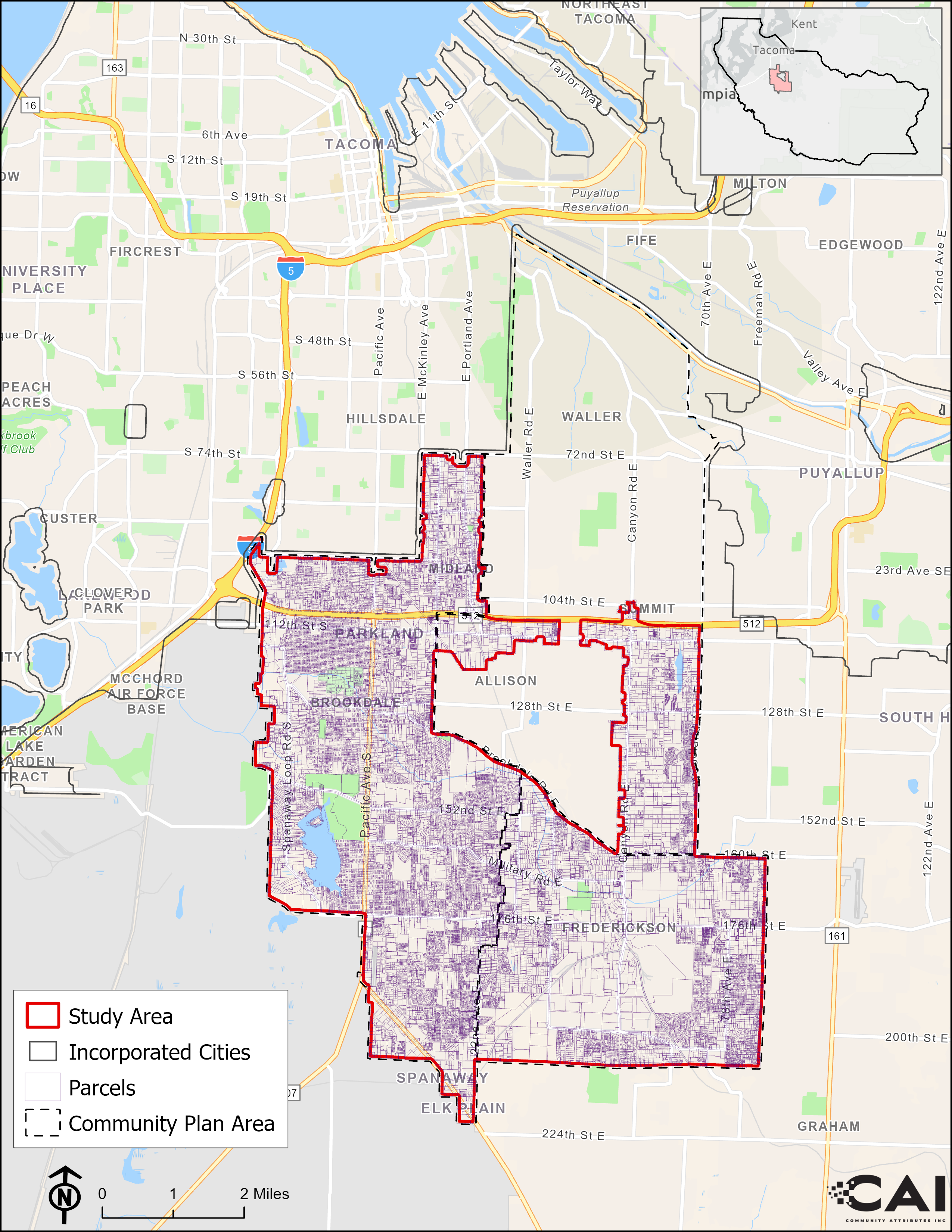Dear friends and neighbors,
Many inspiring women across Washington State have created meaningful change by becoming leaders in historically male dominated spaces. As a member in one of the most diverse legislatures in Washington’s history, it is a distinct honor to serve alongside so many amazing fellow women lawmakers.
Women’s History Month is a time to celebrate the girls of today and women of tomorrow, continue the fight for justice, and uplift women that power our economy and lead the state.
Through my role on the Regulated Substances and Gaming Committee, I have become well versed in the cannabis industry, as well as the inequities in the industry. In 2021, I sponsored HB 1210 and successfully replaced the term “marijuana” with the term “cannabis” throughout the Revised Code of Washington. Because of long-standing ties to racism, this language change was significant for communities of color that have been stigmatized for cannabis use.
Recently, my office interviewed a constituent in our district, Tamara. Since 2016, Tamara has been the proud owner of a cannabis retail shop located in Spanaway, WA. Tamara reports that in the beginning of opening her shop she was dismissed and treated unfairly by vendors. Since then, Tamara has prioritized mutual respect in the workplace to effectively avoid future gendered obstacles through unprofessional behavior.
To address the limited access to vaccinations during the COVID-19 pandemic, Tamara hosted two vaccination clinics on her property prior to the governor and the Liquor and Cannabis Board announcing the “Joints for Jabs” campaign. According to Tamara, her intent was to provide a safe, non-intimidating space for her community’s most vulnerable populations in the interest of public health and safety.
Tamara is hopeful that she can open the door for more women in the cannabis industry and advance equity. She states, “it is important that these business owners get support from the state through loans, grants, technical assistant, as well as updated regulations that no longer list cannabis as an illegal drug.”
Tamara addressed said issues through participation on the Social Equity in Cannabis Task Force; responsible for making recommendations to the Legislature and the Governor’s office. Tamara provided representation for other cannabis retailers and helped to build a social equity program for the issuance and reissuance of existing cannabis licenses. Using her perspective from her lived experience, she used her voice to advocate for other female leaders in the cannabis industry and uplift their concerns. Along with creating more opportunities for prospective business owners, this work also coincided with her mission to provide equal opportunity for those most impacted by the war on drugs.
Looking back on this huge undertaking, Tamara is proud that she was able to participate in the legislative process and “continue the push for equity in all aspects of life.” She hopes more women will achieve success in the cannabis industry without having to go into debt or signing away ownership. The Social Equity in Cannabis Task Force is another step in the right direction for the advancement of opportunity and equity in Washington State.

Update on the Reconciliation Act
On the last day of Black History Month, I stood on the floor of the House of Representatives and spoke about why we needed the Reconciliation Act (HB 1737). The Reconciliation Act updates a previous policy I championed called the Community Re-Investment Account and is an important step on the path toward racial reconciliation and improving the lives of Washingtonians impacted by racial, economic, and social disparities.
Last session we took steps to address the disparities in historically marginalized communities by appropriating $200 million to create a community reinvestment account that addresses four areas: economic development, civil legal aid, re-entry services with wrap around services, and prevention/intervention of youth violence. This was the result of the hard work of the Social Equity in Cannabis Task Force and was requested by the Office of the Governor.
This funding ends in 2024.
HB 1737 would enact a permanent statute to address the issues prioritized by the Social Equity in Cannabis Task Force. It would also expand the previous program by adding agricultural services for historically marginalized communities, as less than 100 of our 63,000 agriculture producers are Black/African American, and programs and services that use evidence-based community assessment tools to increase high school graduation rates, build a culture of empathy, equity, and connection for community members, and promote positive health outcomes through nutrition, physical, or mental health.
The $200M appropriation will only be available for the fiscal year 2023 and will be spent as described in the 2022 supplemental budget. HB 1737 must be passed to ensure that the critical work to create parity for those negatively impacted by the War on Drugs can continue beyond the current budget appropriation. The two new expenditures introduced in the bill are not included in 2022 appropriation.
The passage of this bill is essential to ensuring that historically marginalized communities have the access and pathways to create generational wealth through economic development and are unburdened from the impacts of mass incarceration.
The Reconciliation Act passed the House 64-33 and is now being considered by the Senate Ways and Means Committee. Watch the hearing in the Senate Ways and Means Committee here.
My work on the Regulated Substances & Gaming Committee
The Regulated Substances & Gaming Committee is an important committee that looks at issues of product safety and access, regarding alcohol, tobacco, vapor products, cannabis, in addition to the regulation and oversight of gaming. I bring an equity lens to the work by ensuring that policy changes that will directly impact our communities will benefit from the changes, and not harmed. It is important that I speak up when legislation is offered that reveals inequities in our current system. Much of this work is bipartisan.
For example, Washington State was one of the first to legalize recreational cannabis sale and use. As we have grown, there are areas that need to be addressed. One of those is medical cannabis use. Many patients are being prosecuted or treated unfairly while following current state laws, but not registering with the state medical database. I voted to pass HB 1563 out of committee to protect medical cannabis users who were being unfairly harmed.
HB 1681 went through the Regulated Substances & Gaming Committee. I supported this bill as it helps to address problem gambling through increased funding for prevention and treatment and building an advisory committee to discuss emerging issues and identify strategies to respond. This is an important equity issue, as we heard testimony in committee about the disproportionate impact on communities of color, leading to higher rates of suicide and substance abuse problems.
The committee is currently considering Senate bills that cover a wide variety of topics, including social equity in cannabis, tobacco and vapor use of minors, delivery of alcohol and more. I will continue to prioritize equitable policies that benefit all communities.
Information Session on Parkland Incorporation
Last year I secured $200,000 in the state budget for a study to determine if some of our communities should be incorporated into a single city. The Department of Commerce oversees the study and held an open information session and for feedback on Tuesday, March 21. More events will be posted online and you can also participate in a community survey by visiting the website at https://www.commerce.wa.gov/serving-communities/growth-management/growth-management-topics/parkland-incorporation-study/


